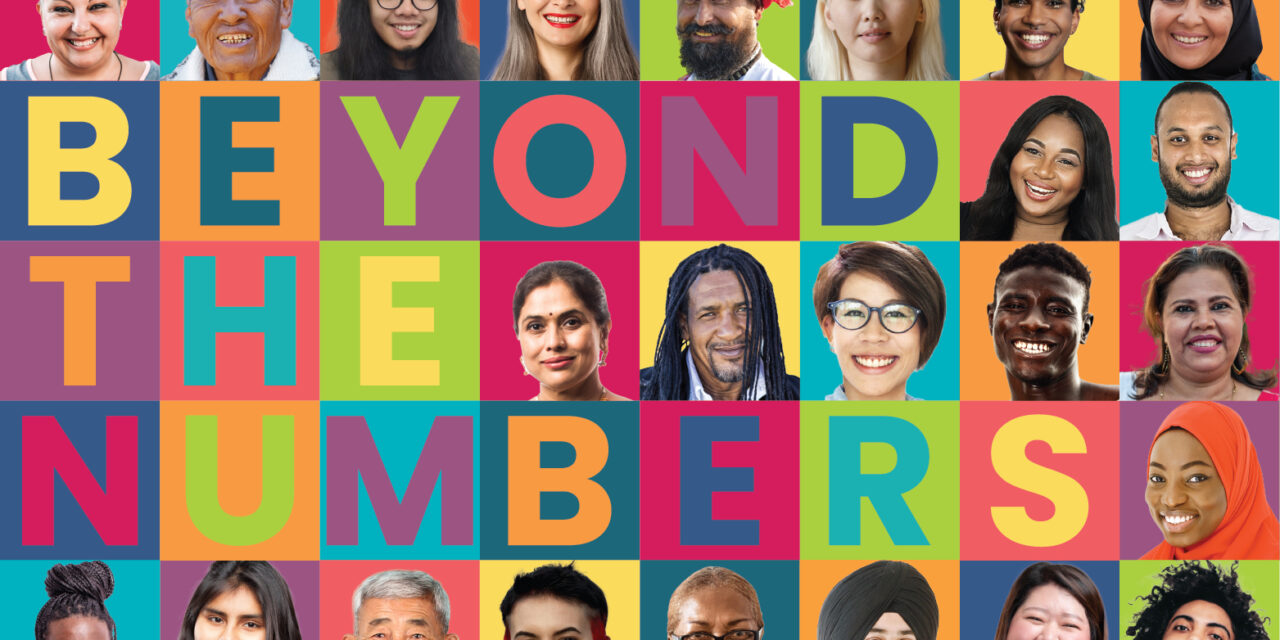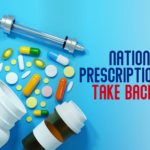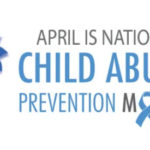By Annette Pinder
The U.S. Department of Health and Human Services’ Office of Minority Mental Health (OMH) notes that National Minority Mental Health Awareness Month is observed each July to bring awareness to the unique struggles that racial and ethnic minority communities face regarding mental illness in the United States. OMH also points out that the COVID-19 pandemic made it harder for racial and ethnic minority groups to get access to mental health and substance-use treatment services.
Originally known as Bebe Moore Campbell National Minority Mental Health Awareness Month, many also acknowledgment this month as Black, Indigenous, and People of Color (BIPOC) Mental Health Month. Accordingly, OMH encourages state, tribal, local leaders, community-based organizations, faith leaders, health care providers, and individuals to educate their communities regarding mental health stigma.
From a historical perspective, Bebe Moore Campbell was an American author, journalist, and teacher, who died of brain cancer at age 56. She was an advocate for improved access to mental health treatment and awareness of mental illness, and co-founder and national spokesperson for the National Alliance on Mental Illness (NAMI) Urban Los Angeles. Bebe advocated for mental health education and support among individuals of diverse communities, and received NAMI’s 2003 Outstanding Media Award for Literature.
Each year, Mental Health America (MHA) develops a BIPOC mental health campaign in commemoration of Bebe’s work. This year’s theme is Culture, Community, and Connection. Pointing out that “our lives are deeply intertwined with the environments around us,” MHA notes that our surroundings impact our mental health and overall wellness. MHA also points out that BIPOC populations face ongoing oppression and systemic racism, which threaten the environments in which they live, work, and play. However, the organization also points out that it is the pillars of support that have been vital in helping BIPOC people survive and thrive, despite their history of oppression, and that it is this history of support that continues to make a difference.
This year MHA points out that when individuals reach out for help, they begin to heal both themselves and their communities, stating that, “If trauma and displacement have been illnesses, then connection is our medicine.” MHA emphasizes that it is our connection with one another that allows us to be known and to know others, and to lean on and support one another, and get support in return. MHA challenges us all to be better and to keep going.
Locally, NAMI’s July BIPOC campaign is focusing on meeting the needs and language preferences of the next generation. NAMI invites us all to join them in raising awareness and taking on the challenges of mental health conditions, health coverage, and erasing the stigma around mental illness that creates barriers for individuals and communities of color.
Follow NAMI-NYS on Instagram, Facebook, twitter, and YouTube. For information on help and referral services, call NAMI’s helpline at 716-226-6264, and see a list of treatment resources at www.namibuffalony.org/treatment-resources. To reach MHA, call 716-886-1242, and see their comprehensive list of resources at www.mhawny.org/support. You can also take an anonymous mental health screening test at https://mhawny.org/screening/.












